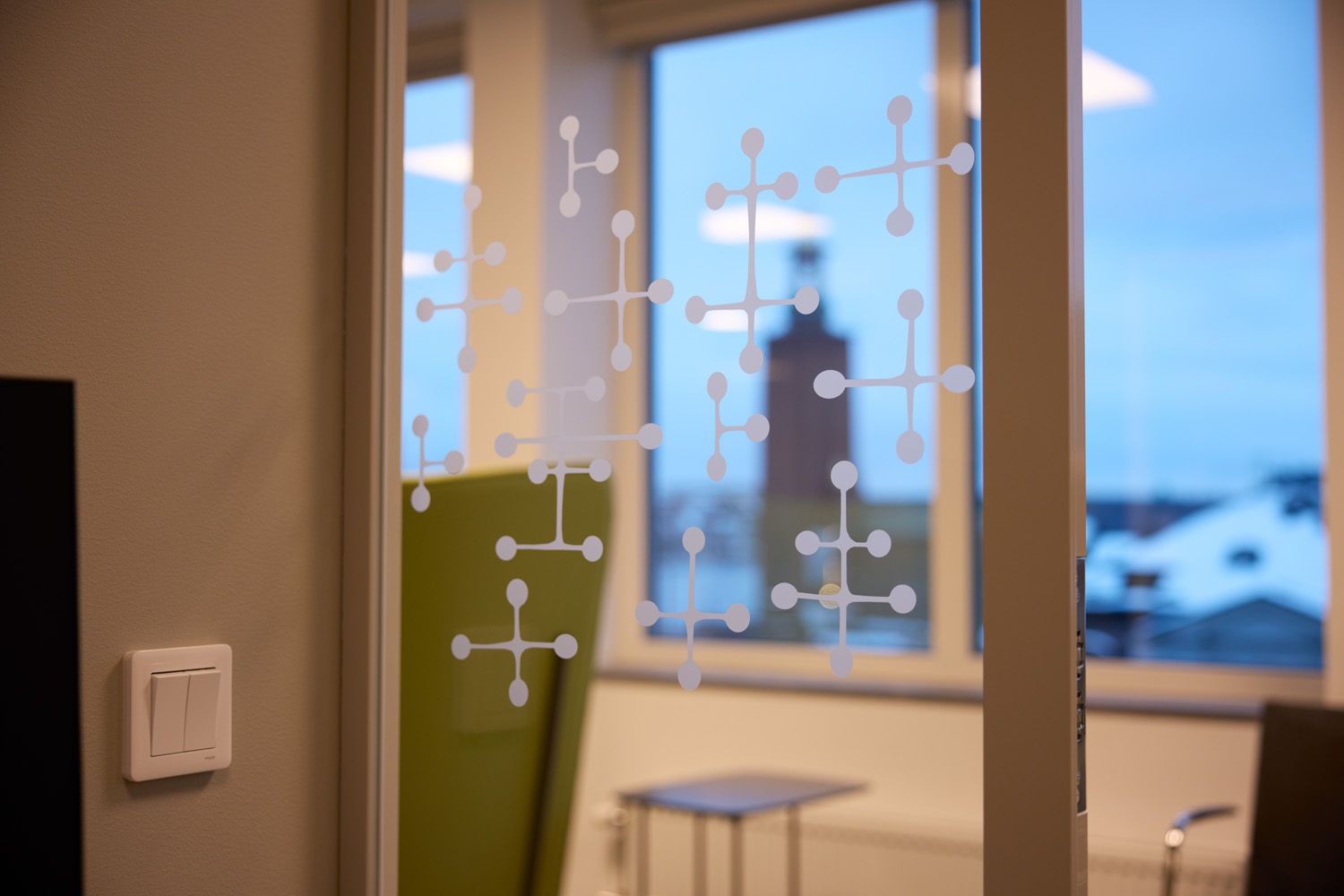Focus areas and goals sustainability
To ensure that sustainability efforts are focused on the areas deemed to have the greatest impact on investments, AP3 works with focus areas. Based on the Board’s positions, AP3 is currently working with the following four focus areas: Corporate governance, Climate, Human rights and Biodiversity.

Progress towards sustainability goals
The Board’s positions on environmental and climate issues, social issues and corporate governance form the basis of the Fund’s four focus areas. These focus on areas deemed to have the greatest material impact on investments and on areas in which AP3 has the best opportunity to contribute to positive social development.
Corporate governance
Through active ownership management, AP3 must work to ensure that the companies the fund invests in are well managed and have good governance.
Climate
AP3 must contribute to counteracting climate change and limit its effects in accordance with the Paris Agreement.
AP3’s portfolio must provide net zero greenhouse gas emissions by 2045 at the latest in accordance with climate scenarios for
1.5°C global warming.
Human Rights
AP3 must work to ensure that human rights linked to the companies’ operations are respected.
Biodiversity
AP3 must consider how investments affect material portfolio and societal risks linked to biodiversity and ecosystems. AP3 must contribute to both conservation and positive development of biological diversity by 2030 at the latest.

Key figures for focus areas
Area/Activity | Key ratios – target | Activities 2024 | Status |
|---|---|---|---|
Corporate governance | |||
Percentage of the under-represented gender on the Board (for Swedish companies) | All large Swedish companies in the portfolio should have at least 40% of the underrepresented gender on the Board by 2026. | Dialogue with companies in the portfolio that are below the target. | On average, the proportion of female directors in large companies is 42,8 (38.8%). For all companies the number is 41,1%. |
Sustainability criteria in incentive plans | The percentage of Swedish companies in the portfolio with sustainability criteria in incentive plans must be doubled from 20% to 40% by 2025. | Dialogue with companies in the portfolio that are below the target. | The percentage of companies in the portfolio with sustainability criteria is 41,2%. |
Climate | |||
Carbon footprint | Halfing the carbon footprint of the directly owned equity portfolio 2019–2025. | Advocacy continued during the year. | -43% (-32%) |
Percentage of companies in line with the 1.5 degree target | 2040: 100% | Advocacy continued during the year. | 20% (38%) |
Advocacy dialogue with the companies that account for the largest percentage of the portfolio’s financed emissions. | Dialogue with companies accounting for 70% of emissions in 2023 and 90% in 2030. | AP3 has established contact and dialogue with relevant companies. | Ongoing dialogue. |
Investments in sustainable bonds | 25% of the fixed income portfolio by 2025. | Continue investments in sustainable bonds. | 22.8% (22,4%) of which green bonds 21,1% (19.2%) |
Human rights | |||
Share of companies in sectors with increased risk with human rights policy | 2030: 100 % | AP3 has identified relevant companies and established contact. | 97% (91%) |
Share of companies in sectors with exposure to vulnerable groups with transparency process | 2030: 100 % | AP3 has identified relevant companies and established contact. Various cooperation initiatives, above all in the Investor Alliance for Human rights | 57% (60%) |
Biodiversity | |||
Share of companies within prioritized sectors with biodiversity policy | 2030: 100 % | An action plan for biological diversity has been developed | 59% (59%) |
Share of companies in priority sectors that follows TNFD's recommendations | 2030: 100 % | An action plan for biological diversity has been developed | 22% |


